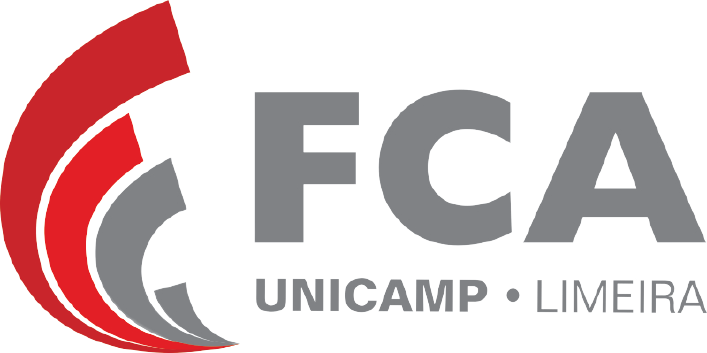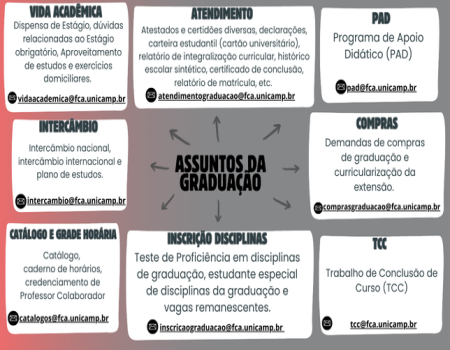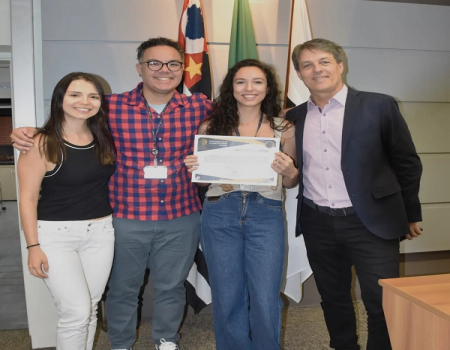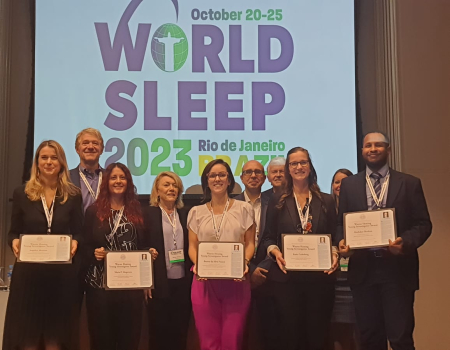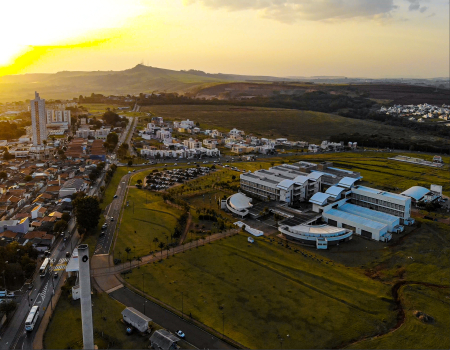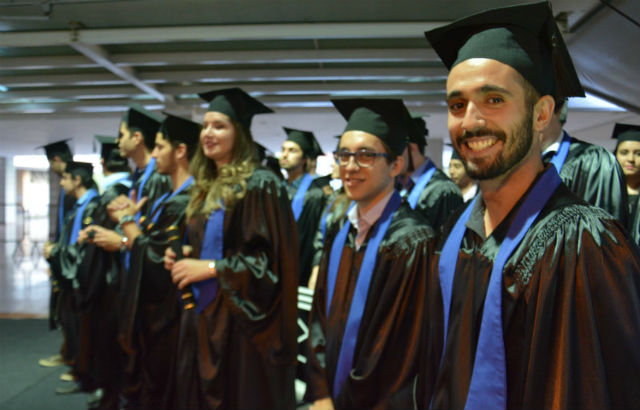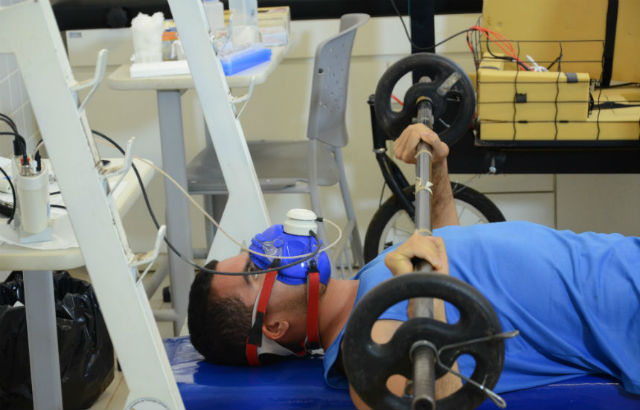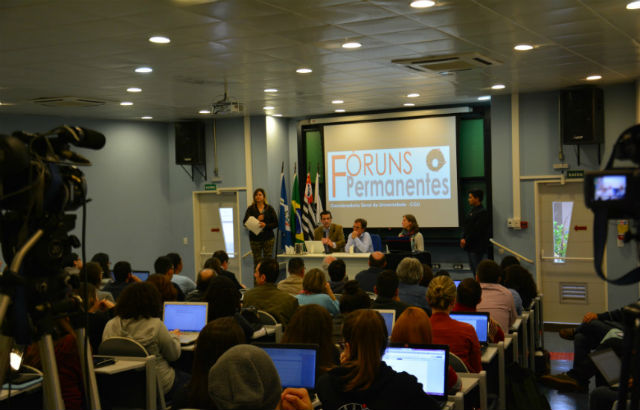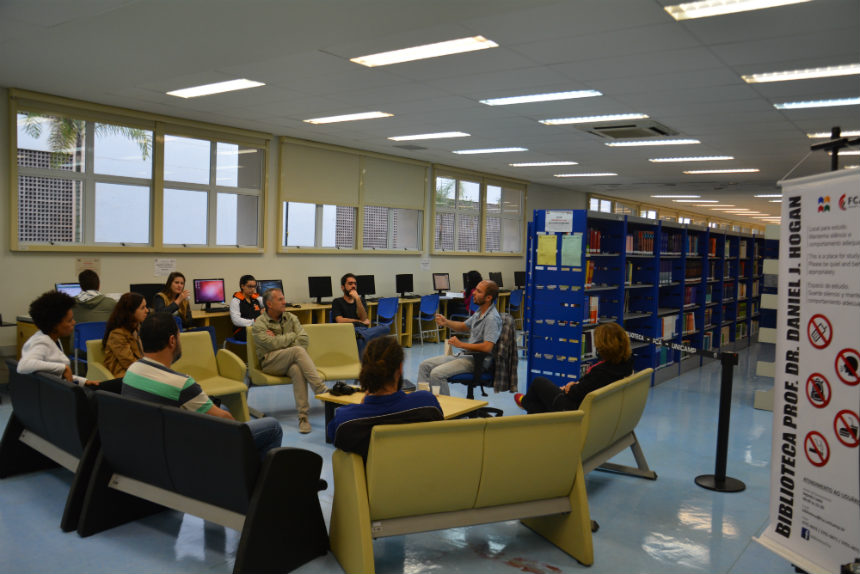From food safety to dietary care
The nutritionist is a professional with generalist, humanist and critical training, qualified to work aiming at food safety and dietary care, in all areas of knowledge where food and nutrition are fundamental for health promotion, maintenance and recovery, and for disease prevention of individuals or population groups.
Nutrition
Awarded degree: Bachelor in Nutrition
Duration: minimum of 9 semesters; maximum of 14 semesters
The nutritionist is a professional with generalist, humanist and critical training, qualified to work aiming at food safety and dietary care, in all areas of knowledge where food and nutrition are fundamental for health promotion, maintenance and recovery, and for disease prevention of individuals or population groups. Such performance contributes to the improvement of life quality, based on ethical principles, with reflections on the economic, political, social and cultural reality. Changes in society in search of a better quality of life, economically sustainable services, healthier food products, among others, make the nutrition professional increasingly important. Therefore, nutrition is a promising area with countless possibilities for action.
The undergraduate degree in Nutrition of the College of Applied Sciences (FCA) was designed to train professionals with skills and competences for performance in all fields of nutritionist practice. Today, the nutritionist can work in various places and contexts such as: hospitals, city halls, private practices, schools, sports clubs, public institutions, technical courses teacher, institutional restaurants, commercial restaurants, food industry, nutrition advisory and consultancy, health inspection and other places where the binomial ‘health and nutrition’ is needed. The six major areas of activity of the nutritionist, which include the referred places are: nutrition in collective meals, clinical nutrition, nutrition in public health, nutrition in sports and physical activities, nutrition in the food production chain in industry and retail and nutrition in teaching, research and extension. By taking the FCA Nutrition course, the student is qualified and assured to follow and improve in any of these areas.
The course syllabus is established in a manner consistent with the demands of the present day, since in addition to the specific issues of health, food and nutrition sciences, the course has an interface with the foundations of the human and social sciences, which stimulates the critical reflection on the social and economic reality in which the professional is inserted. The course also offers classes that are in line with major scientific discussions in the field of nutrition, also addressing modern topics such as nutrigenomics, transgenic foods, functional foods and nutrition advisory.
The training process structures its identity from three distinct nuclei of disciplines: (I) the Common General Nucleus (NGC); (II) the Common Health Area Nucleus and (III) the Specific Training Nucleus. Specific nutrition training is divided into three blocks of classes that will build development of knowledge in the area. In the first group of classes, the student is taken to the study of foods, their composition and modifications suffered throughout the whole process from the harvest until its preparation for consumption by individuals, the hygienic and sanitary control of food and processes, and the study of food service management. In the second group of classes, the student is led to understand public and social policies and possible interventions, understanding how social issues affect food, agriculture and urbanization, intervention projects with the population and social aspects at all stages of the food production process, that is, from the field to the table. In the third group of classes, the student will build knowledge about the individual needs of food and nutrient groups in different life cycles and different health conditions, the use of food and nutrients in the treatment of various diseases, and the interrelationships between nutrients and gene expression in response to various nutritional treatments.
